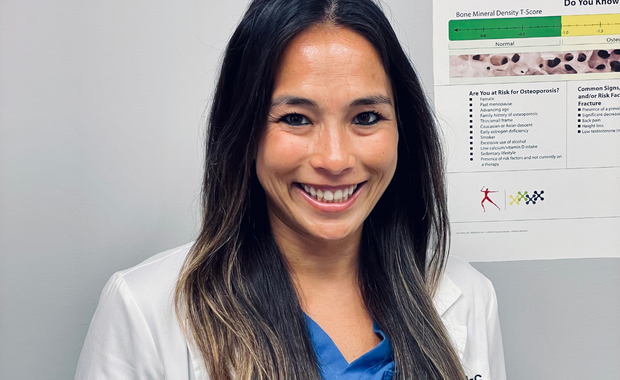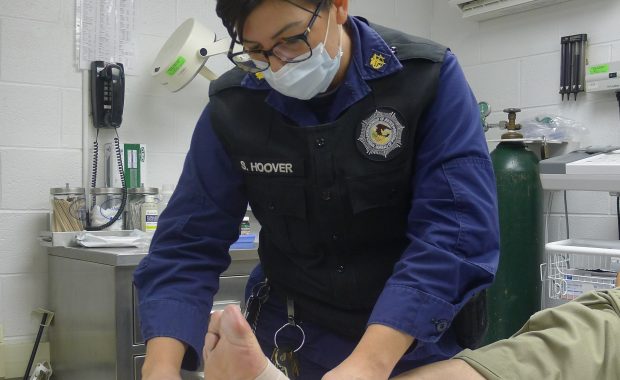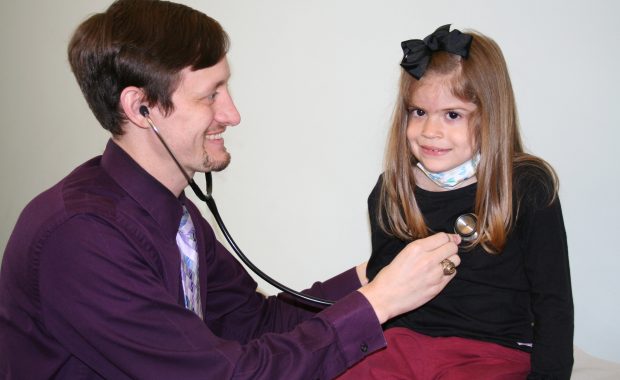Career Resources
Approach to limiting bias for patients with Mental Health and Substance Use Disorders
Stigma and bias can lead to poor patient outcomes for people who have mental health and substance use disorders. So, what can providers do to help patients and limit their barriers to receiving good care? Find out how you can help mitigate bias and stigma in the healthcare setting.
Putting Bias Aside
It is essential that providers can connect with patients, recognize signs of mental health and substance use disorders, and holistically approach the treatment of these patients. In this article, you will learn how bias and stigma affect health outcomes for patients with mental illness and substance use disorders, and identify some of the different types of bias and stigma that may affect the care that healthcare providers give to their patients.
Keys to a Thriving PA-Physician Team
The happiest PAs feel like they are part of a vital, mutually supportive team. Read on to learn the most common roots of dissatisfying team relationships and learn the PA Career Coach’s tips for cultivating and maintaining a strong relationship with the physicians on your team.

How to Overcome Struggles in Family Medicine
In an AAPA Huddle Ask Me session, two experts with years of experience in family medicine answered questions on increasing the number of PAs in the field, the benefits of getting involved in the community, and how to negotiate for better conditions for PAs and their patients.
Ethical Guidelines for the PA Profession
AAPA has developed ethical guidelines for the PA profession that offer a framework for your decision-making.
Practice Partnership and Ownership
Owning a practice or other healthcare business is complex and can present special challenges for PAs. The following information can help you decide whether practice partnership or ownership is right for you.

A Day in the Life of a Rheumatology PA
As a PA practicing in rheumatology, Lindsay Tom, PA-C, treats a wide variety of rheumatology conditions. In this specialty, she helps return quality of life for patients in pain – and her clinical work includes radiology, procedures, and assisting in the infusion suite.
Building Collegial Connections
Relationships are the cornerstone of PA practice. PAs can promote positive connections with colleagues through trust, respect, communication, and clarity.
Continuing Medical Education (CME) Optimization
Make the most of your CME budget and learn how to tailor your clinical education to your individual learning style and needs.

Prepare for the Ins and Outs of Practicing in Orthopaedic Surgery
AAPA’s latest Huddle “Ask Me” session called on four experts to answer questions about starting a career in orthopaedic surgery, practicing in various subspecialties, and which resources will best prepare PAs for success in this popular surgical specialty.
Three Steps for Bouncing Back from Career Setbacks
Career disappointments and setbacks are parts of the professional journey that will happen to almost every PA at some point—and they can feel devastating. In this article I’d like to explore some ideas and approaches for responding to career setbacks so that you not only rebound but return to your practice with greater zest and confidence.

PAs in Dermatology Offer Advice for Breaking into the Competitive Specialty
In Huddle’s latest Ask Me session, PAs in dermatology Amber Blair, MMS, PA-C, and Kristin Rygg, MPAS, PA-C, fielded questions from students and practicing PAs looking to enter the dermatology specialty.
Effective Patient Communication: Background, Benefits + Best Practices
This article is an overview of effective patient communication, from background to benefits to strategies and pitfalls that the clinician should know.

Pennsylvania PA has a Passion for Correctional Medicine
LCDR Stephanie Hoover, PA-C, MPAS, has made her career in her hometown of Loretto, Pennsylvania, where she attended a PA program, landed her first Federal Bureau of Prisons job, and currently serves as a Commissioned Officer in the U.S. Public Health Service at a Federal Correctional Institution.

A Day in the Life of a PA in Genetics
As a PA practicing in medical genetics, Wesley Patterson, PhD(c), MSPA, PA-C, evaluates and treats patients with suspected or known genetic disorders. His current dissertation work focuses on genetics and genomic education for PAs, mirroring his passion to advocate for the importance of further incorporating genetics into the PA profession.

